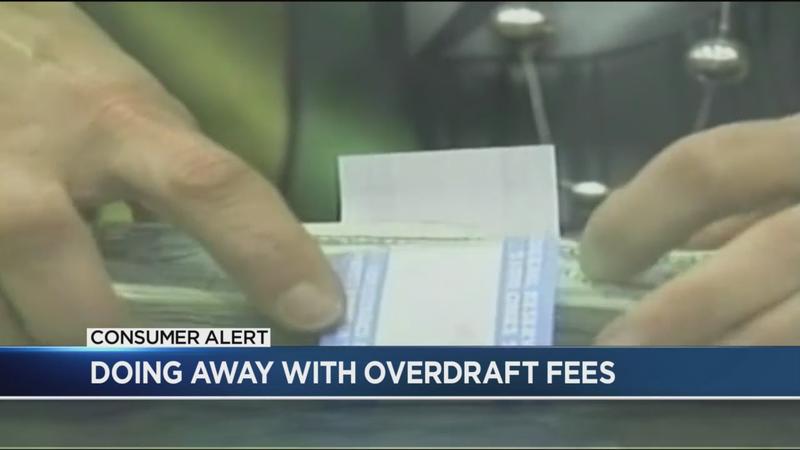Consumer Alert: How to get rid of overdraft fees
[anvplayer video=”5034508″ station=”998131″]
ROCHESTER, N.Y. (WHEC) — Today’s consumer alert concerns a novel approach to banking that could save consumers $12.4 billion a year. That’s how much we paid last year in overdraft fees. But one bank is changing that. Ally, an online bank, is doing away with overdraft fees.
Early in the pandemic, Ally waived overdraft fees to help its financially strapped customers. And the response was so overwhelmingly positive, Ally decided to do away with overdraft fees altogether. Could other banks follow suit?
Overdraft fees are a major source of revenue for banks. According to Forbes, the average overdraft fee is about $25, but it’s around $35 for brick and mortar banks.
And get this: More than a third of folks who had to pay overdraft fees last year overdrew their accounts about 10 times in 2020. That’s $350 over the course of a year.
Most financial institutions have automatic overdraft. That means when you don’t have enough money in your account to cover a transaction, the bank will loan it to you. But they charge a hefty price for that temporary loan. Suppose you have $50 in the bank and make an online payment for $75. You’re now $25 in the hole. So the bank loans you that $25 to cover the payment, but it also charges you a $35 overdraft fee. That means you’re now in $60 in the hole. Now imagine you make four more payments without realizing you’re overdrawn. Yep, that adds up fast. And these fees hit those who can least afford it. According to the 2021 FinHealth Spend report, 95% of those charged overdraft fees last year were classified as financially vulnerable, people living paycheck to paycheck.

[News10NBC]
So with the help of the experts at Bankrate, here’s Deanna’s Do List for eliminating overdraft fees.
- You can opt-out of automatic overdrafts. If you don’t have enough to cover it, the bank won’t pay it, and you avoid that pesky fee.
- Use an account that doesn’t charge overdraft fees. Ally is one of them. And Spotme, a service from Chime allows you to overdraw your account up to a hundred bucks without a charge.
- Use overdraft protection. It’s different than automatic overdraft. With overdraft protection, if you’re overdrawn, the bank will take the payment from another account, like your savings account.
- Sign up for bank alerts. Get the bank to send you an automatic notification if your checking account drops below a certain amount. Set that notification at an amount that is most likely to assure you don’t get an overdraft, depending on your spending habits.
Most banks offer all these options. You may have to visit the bank in person to make the necessary changes, but all of these are easy steps to save you money.
And that’s your consumer alert.